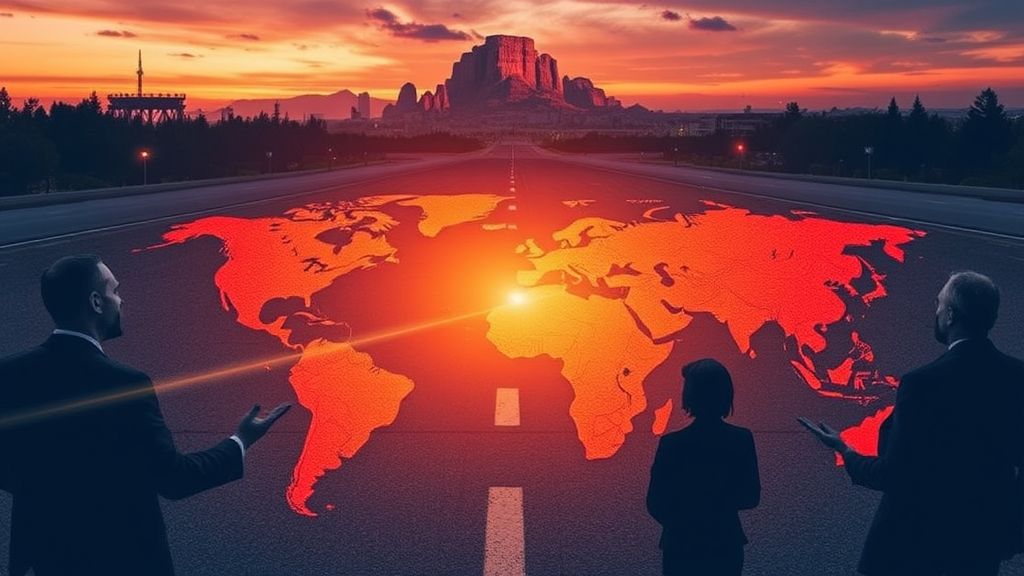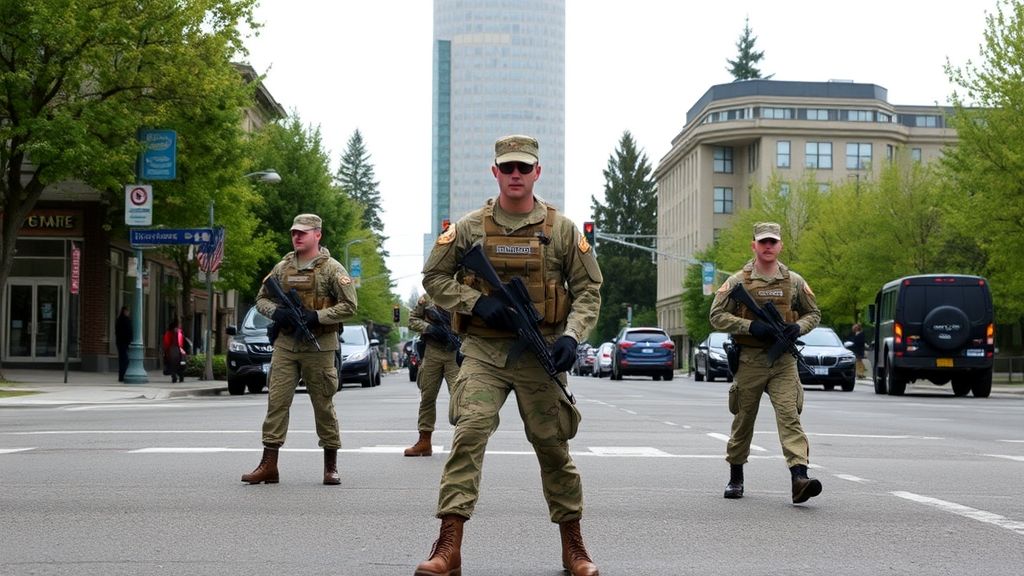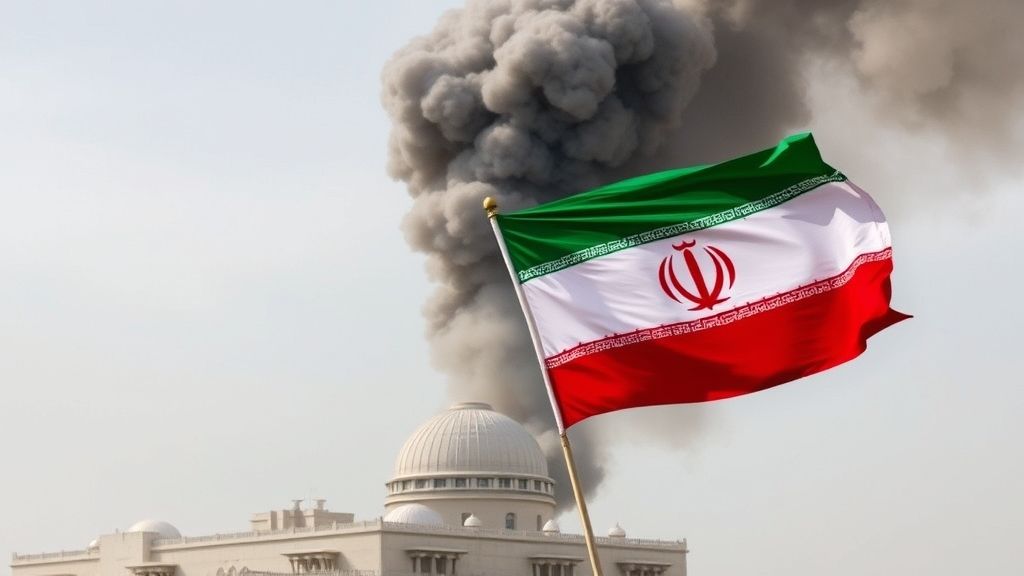The world stage is a dynamic and ever-evolving theater, characterized by a constant flux of geopolitical tensions, economic shifts, and social movements. Staying informed about today’s world politics news is no longer just an academic pursuit; it’s a necessity for understanding the forces that shape our interco
ected lives. From regional conflicts to global economic policies, the decisions made in capital cities reverberate across continents, influencing everything from trade agreements and technological i
ovation to environmental sustainability and democratic governance. This post will delve into some of the most significant ongoing narratives, offering insights and actionable perspectives for navigating this complex terrain.
The Great Power Competition: A Reshaping Global Order
A defining characteristic of contemporary world politics is the intensifying competition between major global powers, primarily the United States and China, alongside the resurgent influence of Russia. This rivalry isn’t confined to military might; it extends to economic influence, technological dominance, and ideological sway.
The economic dimension of this competition is particularly evident. Initiatives like China’s Belt and Road Initiative (BRI) aim to expand its global economic footprint through infrastructure development, offering an alternative to Western-led development models. In response, Western nations are exploring strategies to strengthen their own economic partnerships and promote “resilient supply chains” – a concept that gained significant traction during the pandemic and has become a cornerstone of national security discussions. For businesses, this translates into a need for greater agility and diversification of sourcing and markets. Understanding the geopolitical underpi
ings of trade policies, such as tariffs and sanctions, is crucial for mitigating risks and identifying new opportunities.
The technological arena is another critical battleground. The race for supremacy in areas like artificial intelligence (AI), 5G networks, and semiconductor manufacturing is not just about i
ovation but also about national security and economic competitiveness. Concerns over data privacy, intellectual property theft, and the potential weaponization of advanced technologies are driving governments to implement stricter regulations and invest heavily in domestic R&D. Individuals and organizations can stay ahead by focusing on digital literacy, understanding the implications of emerging technologies, and advocating for responsible i
ovation and cybersecurity measures.
Furthermore, the ideological contest continues, with democracies grappling with internal challenges like polarization and external pressures from authoritarian regimes promoting alternative governance models. This struggle for hearts and minds plays out in international forums, in the global media landscape, and increasingly on social media platforms. Staying informed about the differing values and priorities underpi
ing these geopolitical shifts allows for a more nuanced understanding of international relations and the challenges to democratic norms.
Emerging Crises and Regional Instabilities
Beyond the overarching great power dynamics, numerous regional conflicts and emerging crises demand urgent attention. These situations, while geographically localized, often have global ramifications.
The ongoing war in Ukraine continues to be a pivotal event, not only for its devastating human cost but also for its profound impact on global energy markets, food security, and the future of European security architecture. The international response, characterized by sanctions, military aid, and humanitarian assistance, highlights the complexities of multilateralism and the challenges of containing large-scale conflict. The ripple effects are felt worldwide, from rising inflation due to energy price volatility to disruptions in grain exports affecting vulnerable populations. For individuals, supporting reputable humanitarian organizations and advocating for peaceful resolutions are tangible actions.
Meanwhile, instabilities in the Middle East persist, with ongoing political transitions, proxy conflicts, and the persistent threat of terrorism. The Abraham Accords, representing a significant shift in regional diplomacy, offer a glimmer of hope for normalization and cooperation, yet underlying tensions remain. The region’s strategic importance in global energy supplies means that any instability there has immediate international economic consequences. Understanding the historical context and the complex web of alliances and rivalries is essential for grasping the nuances of these ongoing developments.
Moreover, the growing threat of climate change is increasingly recognized as a geopolitical factor. Extreme weather events, resource scarcity, and mass displacement are not just environmental issues but drivers of political instability and conflict. International efforts to address climate change are hampered by differing national interests and economic capacities, underscoring the need for robust international cooperation and i
ovative policy solutions. For individuals, adopting sustainable practices and supporting climate-conscious policies are crucial steps in contributing to global efforts.
Navigating the Information Ecosystem: Actionable Insights
In this era of complex global politics, discerning credible information is paramount. The proliferation of disinformation and propaganda can significantly distort public understanding and influence policy debates.
Diversify Your News Sources: Relying on a single news outlet can lead to a narrow perspective. Seek out reputable international news organizations with a track record of journalistic integrity, ensuring you are exposed to a range of viewpoints and analyses.
Fact-Check and Verify: Before sharing or forming opinions, take the time to fact-check information, especially concerning sensitive geopolitical events. Look for corroborating evidence from multiple reliable sources.
Understand Media Bias: Be aware that all news sources have a degree of bias. Learning to identify these biases can help you critically evaluate the information presented and understand the framing of a story.
Engage Critically with Social Media: Social media platforms can be powerful tools for information dissemination but are also fertile ground for misinformation. Approach content with skepticism and be wary of emotionally charged or unsubstantiated claims.
- Follow Experts and Think Tanks: Many academic institutions and independent think tanks produce in-depth analysis and policy recommendations on global affairs. Following their work can provide valuable context and insights.
Conclusion
The current global political landscape is a tapestry woven with threads of competition, cooperation, conflict, and climate challenges. Understanding these intricate dynamics requires a commitment to continuous learning and critical thinking. By diversifying our information sources, engaging with diverse perspectives, and seeking out credible analyses, we can better navigate the complexities of today’s world politics. The decisions made on the international stage have profound implications for us all, and informed citizenship is our most powerful tool for shaping a more stable, just, and sustainable future. Stay informed, stay engaged, and contribute to the ongoing dialogue that shapes our shared world.



